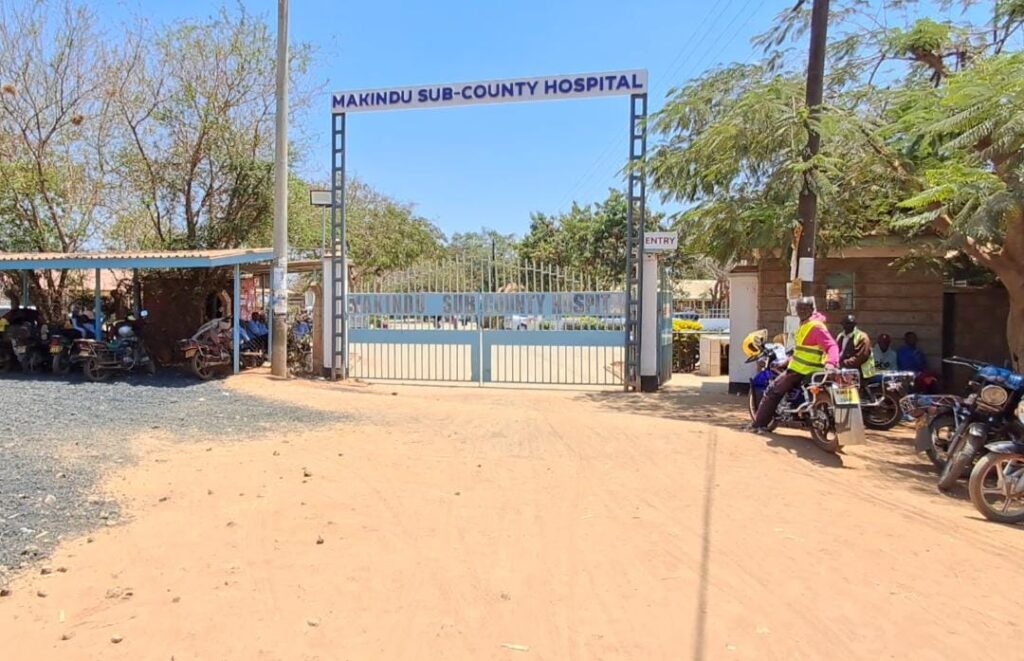A 29-year-old man from Chyandulu Village in Makueni County is receiving urgent medical care after allegedly cutting off his private parts with a sharp object. The man, identified as Moses Mutie, was rushed to Makindu Sub-County Hospital by his father and brother following the incident.
Authorities have classified the case as self-inflicted serious bodily harm. The motive behind the act remains unclear, and investigations are ongoing. The case highlights the rare but severe medical emergency of genital amputation, which requires highly specialized treatment for survival and possible restoration of function.
Medical experts note that reattachment or reconstructive surgery can sometimes be performed in cases of penile amputation, provided that the severed organ is preserved correctly and the patient is admitted to hospital quickly. Preservation involves storing the organ in a clean and cool environment to prevent tissue death before surgery.
The standard treatment for such injuries is microsurgical replantation. This advanced procedure involves reconnecting blood vessels, nerves, and tissues under magnification to restore both cosmetic appearance and essential functions such as urination and sexual performance. Without these delicate reconnections, the risk of complications such as tissue necrosis, erectile dysfunction, and loss of sensitivity is significantly higher.
Specialists emphasize that time is a critical factor. Ideally, surgery should take place within six hours of the injury for the best outcomes. However, even with longer delays, recovery may still be possible if the amputated tissue is well-preserved and sterile.
Kenya has recorded rare but successful cases of penile reattachment, proving that with skilled surgical teams, functional recovery can be achieved. Nevertheless, many local hospitals lack the necessary microsurgical expertise and equipment, meaning only a few medical centers are capable of handling such complex cases.
For the patient in Makueni, doctors will focus first on stabilizing his condition and preventing infection. The long-term outlook will depend on the extent of the injury, the availability of reconstructive specialists, and the speed of surgical intervention.
This tragic incident underscores both the vulnerability of individuals facing mental health or personal crises and the importance of equipping hospitals with specialized surgical capacity for rare but life-altering emergencies.

